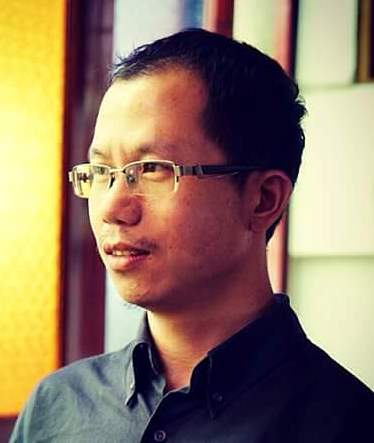Laofang Bundidterdsakul, THAILAND
About Laofang
Mr. Laofang Bundidterdsakul holds a Bachelor of Law degree from Chiangmai University. He is a human rights lawyer and the founder-director of Legal Advocacy Center for Indigenous Communities (LACIC) based in Mae Hong Son Province, Northern Thailand. Since 2006, Mr. Bundidterdsakul has been working with indigenous people on land rights and citizenship rights. As an ethnic Hmong native, he aims to ensure legal access rights to indigenous people in Thailand and protect natural resources through his work.
The Challenge
In remote parts of Thailand, the rights of indigenous and ethnic communities are often dismissed and overlooked by local authorities. These communities are isolated and have limited understanding of legal procedures as well as their rights. Laofang aims to improve the situation of these communities by conducting real trials and inviting villagers and community leaders to witness and learn from the process.
The Innovation
Leofang’s project focused on advocating for tribal land rights and educating local Hmong villages on their legal rights. He represented Mr. Su Wang-poh in a land rights case against local authorities, encouraging other Hmong community leaders to observe the trial to increase their legal awareness. Although the court initially dismissed Su Wang-poh’s case, the prosecution’s appeal is pending, with Leofang filing an opposition.
Leofang also successfully negotiated a land boundary amendment for the indigenous Karen people with the national park officers and organized fieldwork to establish the new boundaries. His team conducted a legal training session for community leaders to understand laws affecting their lives under the new constitution. Additionally, Leofang mediated conflicts between the Karen community and national park authorities, resulting in successful boundary mapping for 12 out of 32 communities.
He also provided legal consultation on the Salween River dam project, assisting the community in submitting complaints to the National Human Rights Commission and preparing legal documents for potential lawsuits. Moreover, Leofang conducted legal research on indigenous rights to land and natural resources, presenting his findings at an academic conference at Chiang Mai University.
